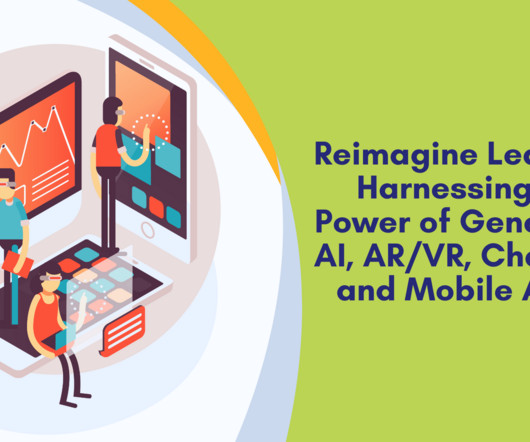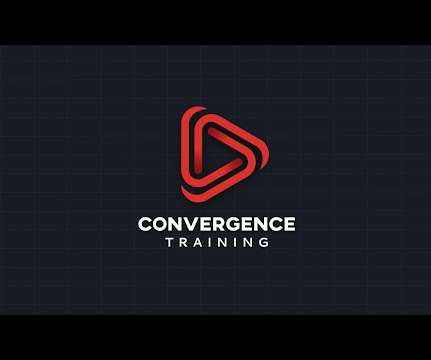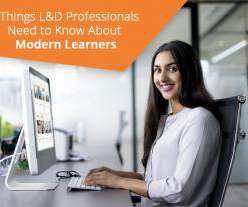How To Create A Culture Of Learning For The Bank’s Knowledge Workers
Disprz
SEPTEMBER 29, 2021
The knowledge workers who are the backbone of the banks play a significant role here in mitigating these challenges. So, banks need to cultivate and nurture a culture of continuous learning. This helped them in creating a hyper-personalized journey for each knowledge worker. has added to these challenges.




































Let's personalize your content